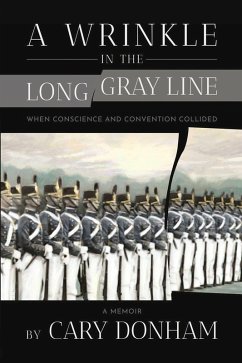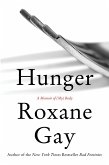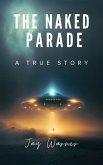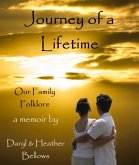A Wrinkle in the Long Gray Line is the story of Cary Donham, a West Point cadet who, after three successful years at the academy, came to terms with his religious and moral beliefs and applied for discharge from the Army as a conscientious objector. This well documented memoir is both a coming of age story as well as a lesson in the costs of standing up and speaking truth to power. Born in 1949, I grew up in small towns in downstate Illinois the oldest of four children. After my parents settled in the small town of New Baden, 30 miles east of St. Louis, I excelled in academics and athletics, and in 1967 received an appointment to the United States Military Academy at West Point. There, after completing three years and despite being in the top ten percent of my class academically, my religious upbringing and beliefs led me to apply for discharge from the Army as a conscientious objector. To date, I am the only cadet to do so. After prevailing in a federal court lawsuit, and receiving an honorable discharge, I worked in a Greenwich Village Church, then moved back to Illinois where I finished my undergraduate degree. In 1978, I moved to Chicago where I made a living for five years as a musician and as an over-the-transom writer for the Chicago Reader. I applied to law school in 1984, was accepted, and attended law school at night while working full time, finishing fifth in my class, and being published in the Chicago Kent Law Review. I clerked in federal court for two years after graduating from law school in 1988, then worked at the Chicago law firm of Shefsky & Froelich Ltd. Until 2012, when it merged with the Midwest firm of Taft Stettinius & Hollister LLP. During my career as a litigator, I successfully defended the City of Chicago's minority preference program in construction, and represented the Chicago Board of Education in class action race discrimination law suits. After retiring, my wife of many years and I moved to Kentucky. We have one son, who works as a mental health counselor.
Dieser Download kann aus rechtlichen Gründen nur mit Rechnungsadresse in A, B, BG, CY, CZ, D, DK, EW, E, FIN, F, GR, HR, H, IRL, I, LT, L, LR, M, NL, PL, P, R, S, SLO, SK ausgeliefert werden.









